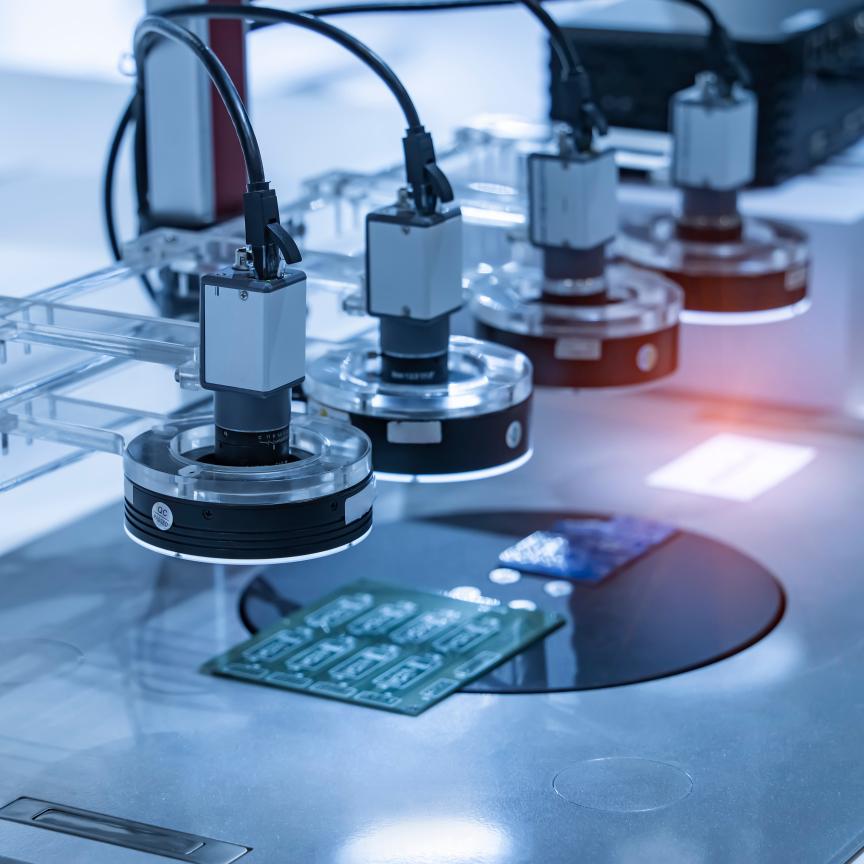Located in Grenoble, France, a new EMEA GPU (Graphic Processing Unit) Technical Centre of Excellence has been opened by HP and Nvidia to enable end users, developers and independent software vendors to solve their high-performance computing (HPC) challenges. As part of the HP EMEA HPC Competency Centre in Grenoble, the resources of the new centre can be accessed securely from the HP network or remotely via the Internet. It enables users to optimise their HPC applications by carrying out proofs of concept (PoCs), benchmarks and other testing activities with HP systems based on high-performance, energy-efficient Nvidia GPU accelerators.
The HPC compute resources of the centre are built around a dedicated HP Converged Infrastructure, based on an HP Cluster Platform solution that includes 10 HP ProLiant SL250s, SL270s and ML350p Gen 8 servers with integrated Nvidia Tesla GPU accelerators, delivering compute power, efficiency and density. Users can interact with large, complex datasets locally via a flexible HP Z820 Workstation or remotely using HP ProLiant WS460c Gen8 Workstation Blades.
Some of these resources are also hosting Nvidia Grid GPUs, allowing them to be used as high-performance visualisation systems or as virtual workstations. This enables customers to efficiently share GPUs across multiple virtual machines via different hypervisor protocols (Virtual Desktop Infrastructure – VDI). The system architecture includes three internal networks: an administration network, a management network, and a high-speed Infiniband FDR interconnect network. To maximise the effective use of these system resources, experts from HP and Nvidia are available to provide advice and consultation on development and tuning of applications using GPU acceleration.
‘HPC systems require huge amounts of compute resources to achieve their expected performance, as well as the expertise to integrate them,’ said Philippe Trautmann, EMEA sales director HPC, HP. ‘The goal of this collaborative GPU Technical Centre of Excellence is to enable perennial solution improvements and facilitate the adoption of HP systems based on Nvidia Tesla GPUs for HPC.’
Walter Mundt-Blum, vice president, Professional Solutions Group Sales EMEA at Nvidia, added: ‘GPU-accelerated computing is enabling new breakthroughs across an ever increasing range of scientific and engineering fields. By providing access to the latest HPC technologies and expert guidance, we are arming European researchers and engineers with everything they need to drive new waves of discovery and innovation.’

